The Trump administration weighed into the ongoing fight about online sales taxes Monday with a Supreme Court amicus brief urging a decision allowing states to require these taxes to be collected and remitted by retailers directly.

The move comes after Treasury Secretary Steven Mnuchin put the administration on record as favoring such a shift, and after Rep. Kristi Noem (R-S.D.), who favors states being allowed to force the collection and remittance of these taxes, told media that Trump had promised her he would sign a bill allowing it into law before the end of the year.
Noem is running for governor, and is a big proponent of states being allowed to require collection and remittance of these taxes, which are legally owed, but usually go unpaid because in-state buyers avoid fessing up to purchases made in order to evade taxes owed.
The amicus brief could shift Court opinion on the matter, though SCOTUS watchers already anticipate the Court reversing itself and overturning the precedent which bars states from requiring the likes of Overstock.com to collect the tax at checkout, and hand it over to a buyer’s state.
Supreme Court Justice Neil Gorsuch is widely regarded as a proponent of allowing states to require collection and remittance.
Justice Anthony Kennedy has previously indicated he now supports the idea.
Add in the liberal Supreme Court justices and the overturning of precedent barring states from requiring collection and remittance looks like a done deal.
The biggest impact of the amicus brief may be to push Congress to eliminate the issue altogether by passing legislation allowing the states to require out-of-state, online-only retailers to bring in and hand over taxes on purchases but exempting smaller and medium-sized businesses from the requirement– as well as from any audit requirements that states might put in place.
If the Supreme Court overturns existing law on online sales taxes, it is very unlikely that they would do so in a way that exempts, for example, a grandmother-owned-and-operated Etsy shop doing $10,000 a year in sales from collection, remittance, and tax audit requirements. That situation would lead to the shutdown of countless small and medium-sized businesses, no new entrants into the online sales sector, and consolidation of market share in online retail by giants like Amazon.
Some GOP supporters of SCOTUS’ likely action in overturning existing case law are also advocates of proposed legislation that would allow states to require big entities like Wayfair or Overstock to collect and pay up taxes, but which would exempt smaller and medium-sized businesses. Noem’s Remote Transactions Parity Act would accomplish this.
However, momentum for passing such legislation may diminish if SCOTUS is seen to “resolve” the issue by delivering a verdict that fits with the Trump administration’s view, much as momentum for overturning Obamacare died when SCOTUS declared it “constitutional.”


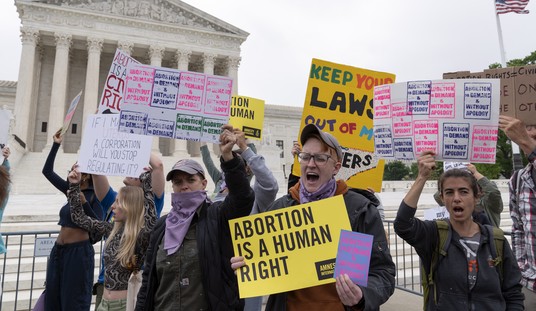
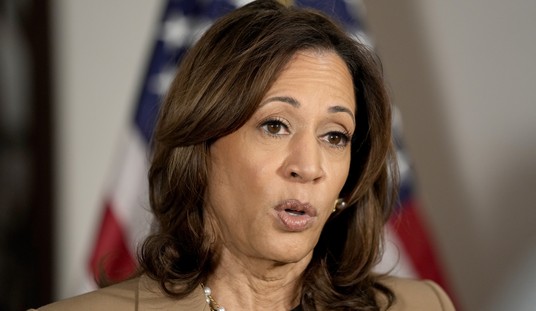

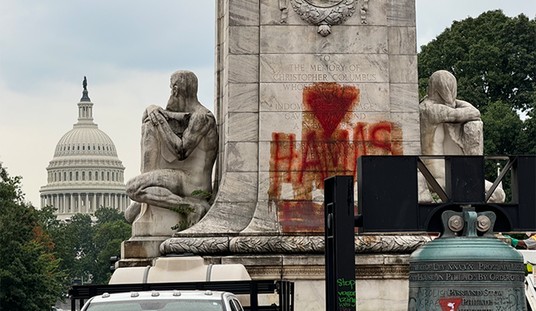
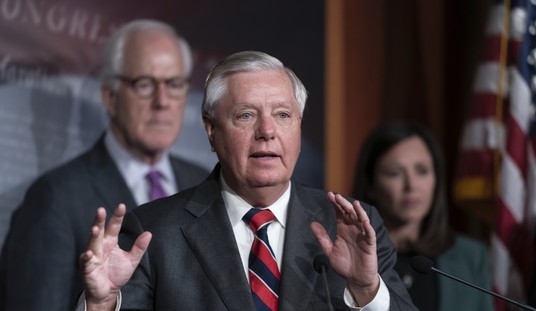



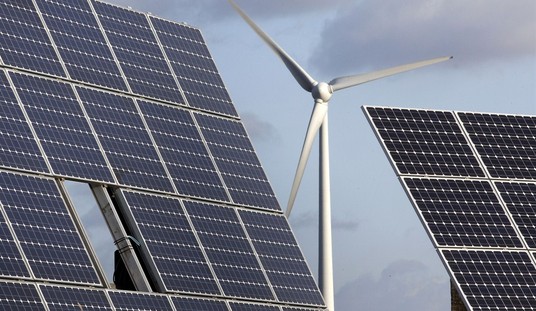
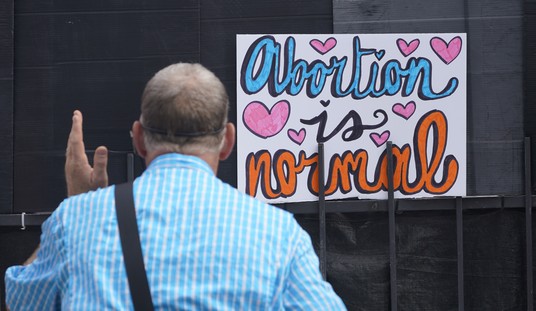

Join the conversation as a VIP Member